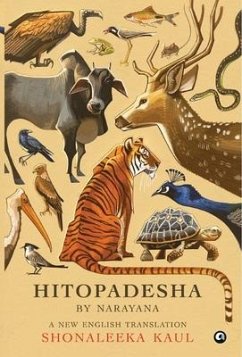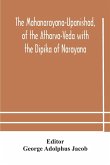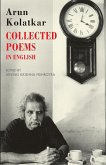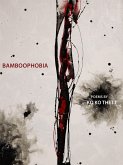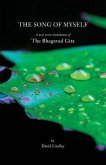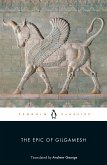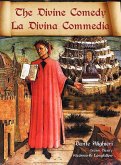The Hitopadesha-whichliterally means good advice-was composed in Sanskrit sometime between the ninthand tenth centuries CE by Pandit Narayana. Arranged in four fascinatingsections-Winning Friends, Losing Friends, Waging War, and Making Peace-thevignettes that comprise the text include tales of anthropomorphized birds andanimals who are imbued with all too human qualities and frailties. Using humour, satire, and unconventionalmethods of narration, the stories in the collection prescribe canny andpragmatic responses to a range of very human situations, ambitions, problems,and dilemmas. Not only does the book have advice for the rulerwho is too timid or too haughty, but also for the minister who must serve him,as for the innocent husband with the conniving wife, the beautiful wife withthe undeserving husband, friends turned enemies, enemies reconciled, cleverpeople, foolish people, the greedy, the distraught, and so on. TheHitopadesha, like the Panchatantra, is among the most widelytranslated classical texts of India. This new version by historian andSanskritist Shonaleeka Kaul is an idiomatic translation in simple narrativeprose and free verse that retains the freshness and wit of the original.
Hinweis: Dieser Artikel kann nur an eine deutsche Lieferadresse ausgeliefert werden.
Hinweis: Dieser Artikel kann nur an eine deutsche Lieferadresse ausgeliefert werden.

